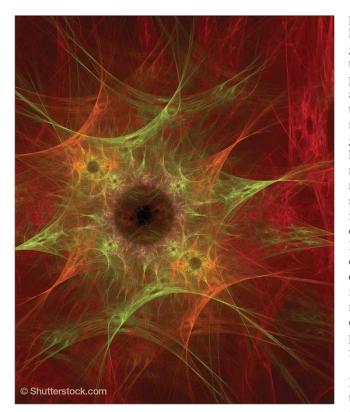
Neuropsychiatry is thriving, and the articles in this Special Report demonstrate its breadth and depth while providing the opportunity to characterize and delimit its scope.

Neuropsychiatry is thriving, and the articles in this Special Report demonstrate its breadth and depth while providing the opportunity to characterize and delimit its scope.

A considerable overlap exists between TBI and disorders in cognition, behavior, and personality, which can provide even greater clinical challenges. More than 70% of the cases of TBI are mild, which makes this subgroup of particular clinical interest.
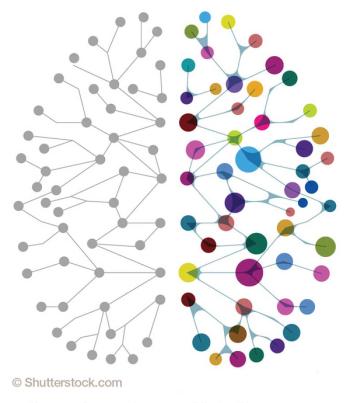
The authors take an in-depth look at the evaluation, diagnosis, and fundamental treatment recommendations, protocols, and guides to therapy for psychogenic nonepileptic seizures.

The potential of TMS as a treatment for cognitive disorders, fatigue, pain, and other manifestations of brain disease is discussed, as is the encouraging prospect for neuropsychiatric management of many patients.
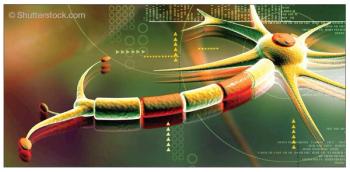
Selected for clinical implications, here are some highlights from the recent acceleration in understanding of the mechanisms of bipolar disorder.
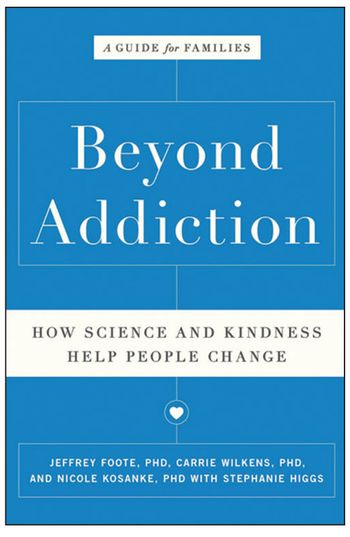
The authors of this book leave readers feeling empowered, knowing that they can be an important driver of change. It also reminds psychiatrists about some core components of the patient experience.

Good documentation can be used by psychiatrists to enhance the physician-patient relationship. Of course, transparency could come at a price to practitioners, so following reasonable guidelines outlined in this article is key.

We present the case of a patient for whom different attending providers had markedly different interpretations. As the case unfolds, we invite you to reflect on your diagnostic understanding of each presentation.
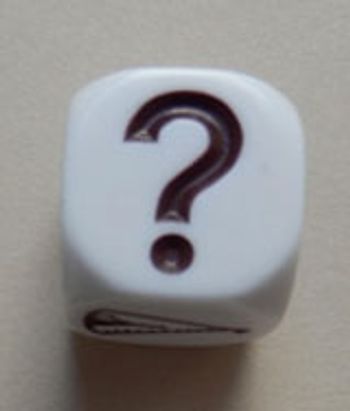
Violent intolerance seems to be on the rise, and psychiatrists must contribute more of our understanding about the origins of these problems, and to development of solutions to reverse these trends.

Delusional parasitosis can be difficult to recognize, but timely diagnosis and psychiatric treatment can improve quality of life and reduce medical costs.
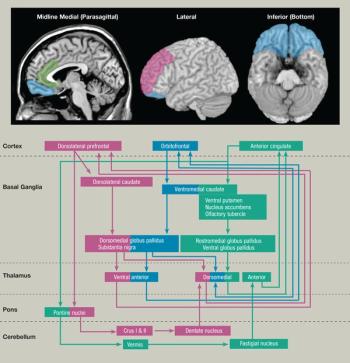
Which neuroimaging test for which psychiatric patient-and when? What to ask the neuroradiologist?

On the cracked macadam court in the shadow of The Castle on the Hill, below fake gun turrets built with bricks...
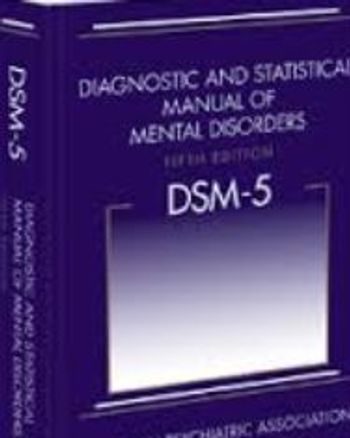
What is known-and what is not known-about the clinical use of the DSM?

A case report of an acute, transient, reversible depression prompts us to think in a different way about depression.